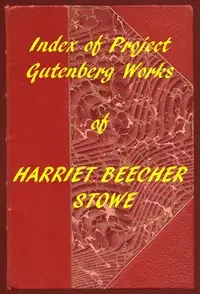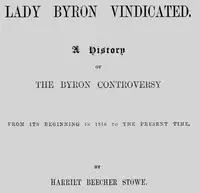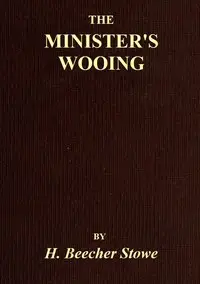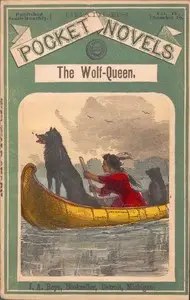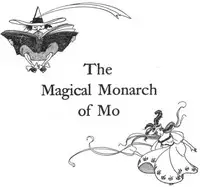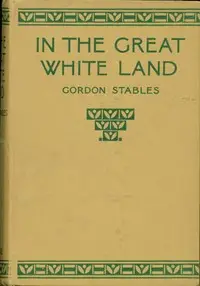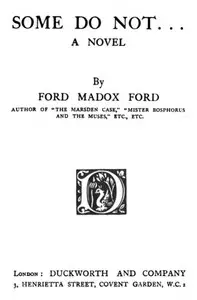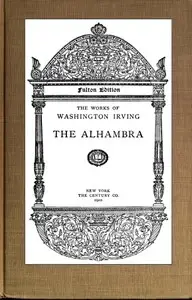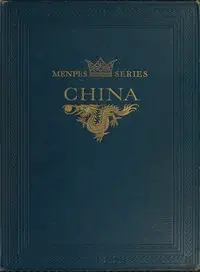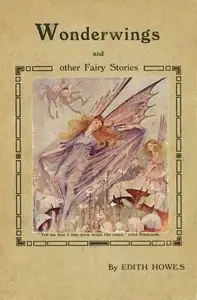"Uncle Tom's Cabin" by Harriet Beecher Stowe is a novel written in the mid-19th century that explores the moral complexities surrounding slavery in America. The story introduces us to a variety of characters affected by the institution of slavery, focusing particularly on Uncle Tom, a devout and dignified enslaved man, alongside other figures like Eliza, who is desperate to save her child from being sold, reflecting the heart-wrenching realities of such a system. The opening of the book sets the stage in Kentucky, where Mr. Shelby, in financial distress, contemplates selling Uncle Tom and the young boy Harry to settle debts while conversing with the trader Haley. Through their dialogue, Stowe highlights the inhumane circumstances under which slaves are viewed as property rather than human beings, and we witness the initial stirrings of turmoil that compel Eliza to flee with her son upon hearing of their impending sale. The emotional depth and ethical dilemmas presented in these early chapters lay the groundwork for a powerful narrative that challenges readers to confront the harsh truths of slavery. (This is an automatically generated summary.)

Uncle Tom's Cabin
By Harriet Beecher Stowe
"Uncle Tom's Cabin" by Harriet Beecher Stowe is a novel written in the mid-19th century that explores the moral complexities surrounding slavery in Am...
Harriet Elisabeth Beecher Stowe was an American author and abolitionist. She came from the religious Beecher family and wrote the popular novel Uncle Tom's Cabin (1852), which depicts the harsh conditions experienced by enslaved African Americans. The book reached an audience of millions as a novel and play, and became influential in the United States and in Great Britain, energizing anti-slavery forces in the American North, while provoking widespread anger in the South. Stowe wrote 30 books, including novels, three travel memoirs, and collections of articles and letters. She was influential both for her writings as well as for her public stances and debates on social issues of the day.

